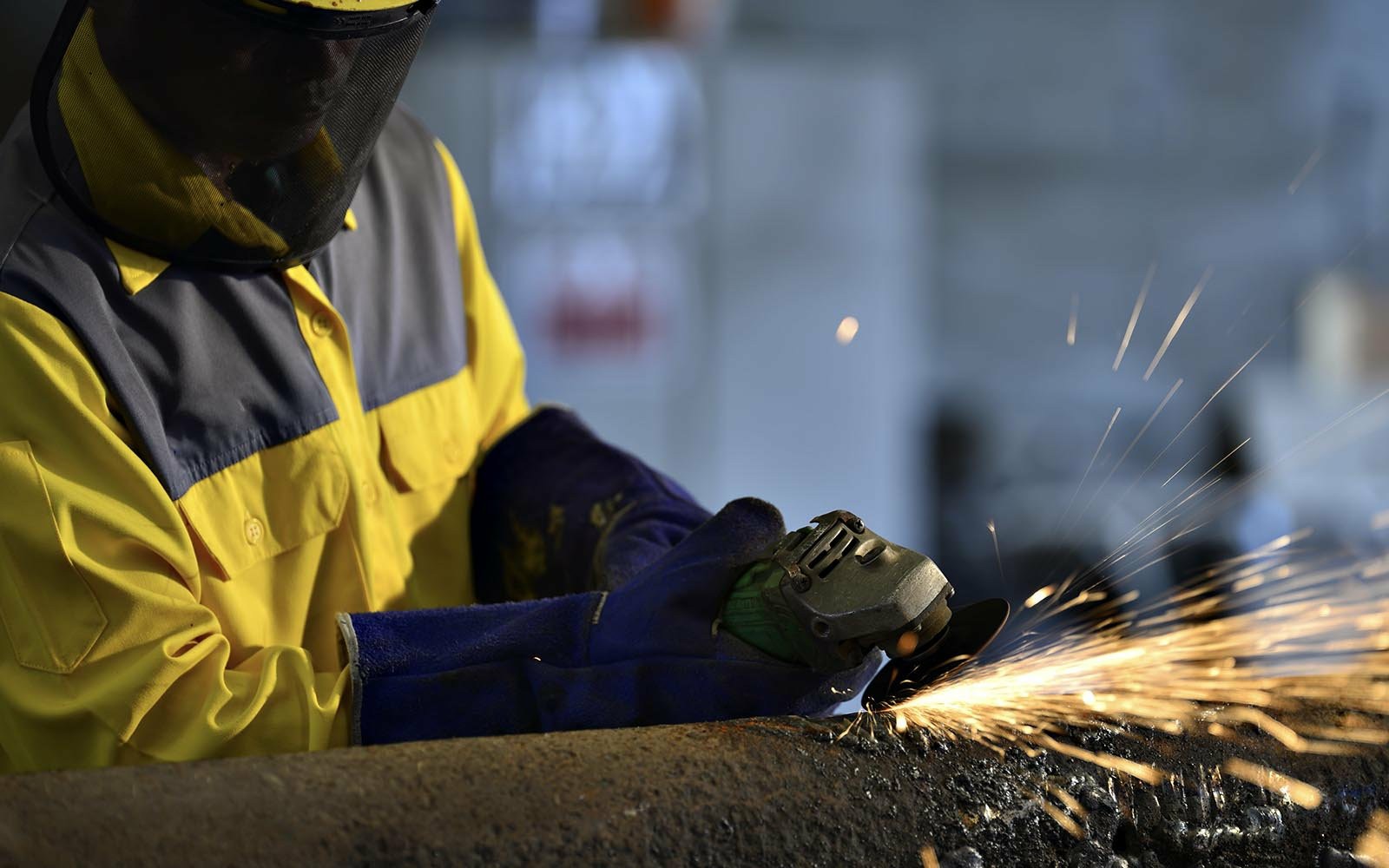


 349,500 Offered Certificates
349,500 Offered Certificates
 24/7 Online Training
24/7 Online Training
 Money Back Guarantee
Money Back Guarantee
 Fully Accredited Courses
Fully Accredited Courses

Created at: 22-02-2025 20:30
Abrasive wheels are powerful tools that, when used correctly, enhance productivity and precision in various industries. However, improper usage can lead to serious accidents, injuries, and significant financial losses. This comprehensive discussion outlines the most common mistakes workers make when handling abrasive wheels and emphasizes how rigorous training can mitigate these risks in major cities like Dublin, Cork, Galway, Limerick, Waterford, and beyond.
Understanding the significance of abrasive wheels and their correct use is essential for every professional. Abrasive wheels are often utilized in settings such as construction, manufacturing, and metalworking. Without proper training, workers may unknowingly engage in hazardous practices that can lead to accidents. Ensuring that workers have access to Certified Abrasive Wheels Training is crucial.
Here are some of the prevalent mistakes that workers make:
Several incidents across Ireland highlight the dangers of improper abrasive wheels handling. In Galway, an operator faced severe injuries when a wheel shattered during use because it was installed incorrectly. In Waterford, a worker suffered lacerations due to inadequate PPE while grinding metal. Such accidents emphasize the necessity of rigorous training.
Proper training serves as a cornerstone for safe abrasive wheel usage.
The misuse of abrasive wheels poses a significant risk in various industries in Dublin, Cork, Galway, Limerick, and Waterford. Addressing these common mistakes through certified training can drastically reduce workplace accidents and ensure a safer environment for all employees.
If you're looking to enhance safety in your workplace, consider enrolling your team in an Abrasive Wheels Course Dublin today. Protect your workforce, and empower them with the knowledge to operate safely around abrasive wheels.
For inquiries, please contact us at [email protected].